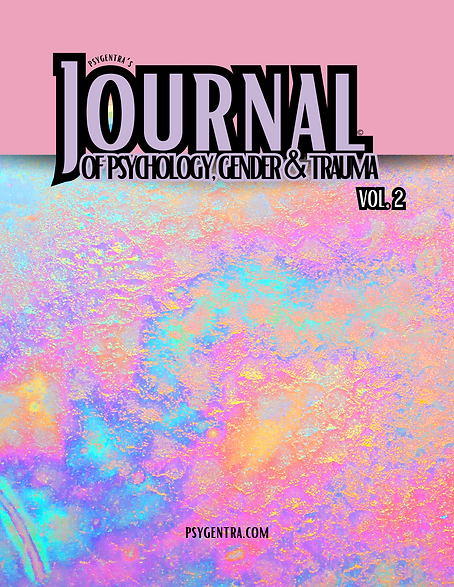
Watch Dr. Jem Tosh's conference presentation below
A Micro Unconference
We will be adopting unconference principles, such as flexibility and informality, open discussions, and a non-hierarchical approach to presentations (e.g. no keynotes). Like all Psygentra events, we are foregrounding a small-group structure in a micro-conference format. So, if you are looking for a non-intimidating, supportive, and encouraging space to share your work, network, and make friends, where you can also get quality feedback on theory, method, and practice - this is the micro unconference for you.
Critical, Creative, Community
We will also be combining three aspects that are central to Psygentra's work - criticality, creativity, and community. We are accepting papers, posters, poetry, commentaries, and more on critical analyses, creative methodologies and creative writing, and community perspectives like activist interventions and campaigns, to community-building.
FOR PRESENTERS
For submissions we require some information about:
-
WHAT you would like to contribute to the event (e.g. a summary of your project, this can be a formal abstract if that is more comfortable for you, but it can also be a summary description)
-
HOW you would like to contribute (e.g. a formal presentation, an open discussion or panel, a poster, a creative reading, or something else entirely)
-
Whether you want to present LIVE or not (e.g. if you're using a pre-recorded lecture), and
-
For HOW LONG (e.g. a 10 minute presentation, a 45 minute panel, a 20 minute reading etc.)
We can't guarantee that we will be able to meet your requirements, but we will try as best we can to accommodate your chosen presenting style. Please note that there are limited presenting spots. All submissions will be reviewed by the Conference Organising Team.
Extra Support Available
We will be running a drop-in session the week before the conference for those who would like assistance or feedback on their presentations. We will also be running a drop-in session two weeks after the conference for those who would like support submitting their work for publication.
Prizes and Publishing
There will be three certificates awarded for each category (critical, creative, and community) and abstracts/full submissions will be invited for publication in the Journal of Psychology, Gender, and Trauma.
FOR ATTENDEES
Each presentation will have ample time for small group discussion, so you will have the opportunity to participate if you want to. You can also observe the discussion and learn from the group as a whole.
Inclusion & Accessibility
We welcome neurodivergent communication, such as tics, stuttering, swearing, interrupting, info-dumping etc. We do not use the Zoom raise hand feature. You do not need to make eye contact or look at your screen. Feel free to stim. You are welcome to use non-verbal communication, such as the chat function, if that is more comfortable for you. Live autogenerated close-captioning is available on request. You do not have to participate or contribute if you don't want to. Our discussion groups are limited to a maximum of 5 participants to allow for a supportive and non-intimating space. We welcome the socially anxious. Information will be available in a range of formats (presentations, captions, transcripts, posters etc.). Please contact the conference organisers if you have specific accessibility needs not addressed here.
To create a safe(r) space for critical discussion and disclosure, the discussions will not be recorded.
Submissions CLOSED
This conference is connected to our Journal of Psychology, Gender, & Trauma. Presenters will be invited to publish their abstracts or full submissions in the Journal, with the support of our Editorial Team. The Journal is a critical, interdisciplinary, and qualitative journal dedicated to research, art, and writing that broadly examines the complex intersections between psychology, gender, and trauma.








